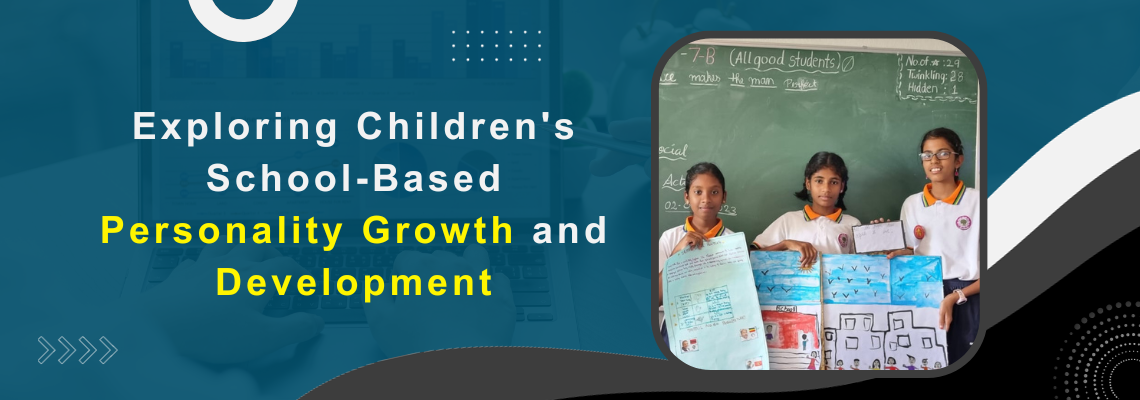Introduction
The Cbse Education environment plays a crucial role in shaping a child’s personality, values, and overall development. Children spend a significant portion of their Development years in school, and it’s during this time that they learn not only academic subjects but also essential life skills, social interactions, and values that shape their personalities. In this blog post, we’ll investigate into the fascinating journey of children’s school-based personality growth and development.
Early Foundations
Children’s personalities begin to develop at a very early age, influenced by a combination of genetics, family parenting , and environmental factors. When children first step into a Cbse Education setting, they encounter a whole new world filled with teachers, classmates, and routines. This transition often serves as a significant milestone in their personal growth.
Social Interaction
Schools provide an invaluable setting for children to learn social skills. They develop the ability to make friends, collaborate with peers, and navigate the complexities of human relationships. These experiences help shape their Interpersonal Skills, empathy, and emotional intelligence.
Self-Discovery
School is not just about academics; it’s also a platform for self-discovery. Children engage in various activities and hobbies, allowing them to explore their interests and talents. Whether it’s through sports, arts, or Extracurricular Clubs, children develop a sense of identity, self-confidence, and passion.

Confidence Building
Positive feedback from teachers, coordinate, and achievements in school activities can significantly boost a child’s self confidence . Encouragement and recognition play a pivotal role in building a child’s confidence and assisting a sense of self-worth.
Values and Character Development
Schools impart values and ethics that shape a child’s character. Through lessons in honesty, integrity, and responsibility, children develop a moral compass that guides their actions and decisions.
Problem Solving and Critical Thinking
The academic challenges in school teach children how to think critically, solve problems, and adapt to new situations. These skills are essential for personal growth and development, as they help children become strong and resourceful individuals.
Independence and Responsibility
As children progress through school, they are encouraged to take on more responsibility for their learning and actions. This promotes independence and helps them become self-reliant individuals who can make informed decisions.
Resilience and Coping
School-based challenges and setbacks also play a crucial role in personality development. Facing failures, disappointments, and adversities can teach children resilience and adaptive statergies , essential traits for success in life.
Cultural Awareness
In a diverse school environment, children have the opportunity to interact with peers from different backgrounds. This fosters cultural awareness, tolerance, and respect for diversity, contributing to their well-rounded personalities.

Lifelong Learning
Finally, school instills a love for learning that can last a lifetime. Children who develop a growth mindset and a passion for acquiring knowledge are more likely to continue evolving and developing their personalities throughout their lives.
Conclusion
Schools are more than just institutions of academic learning; they are environments where children’s personalities grow and develop. As they journey through their school years, children acquire a range of skills, values, and experiences that contribute to their personal growth and shape the individuals they become. As parents, teachers, and caregivers, it’s our responsibility to nurture and support this growth, helping children become confident, compassionate, and well-rounded individuals who are prepared to face the challenges of the world.




